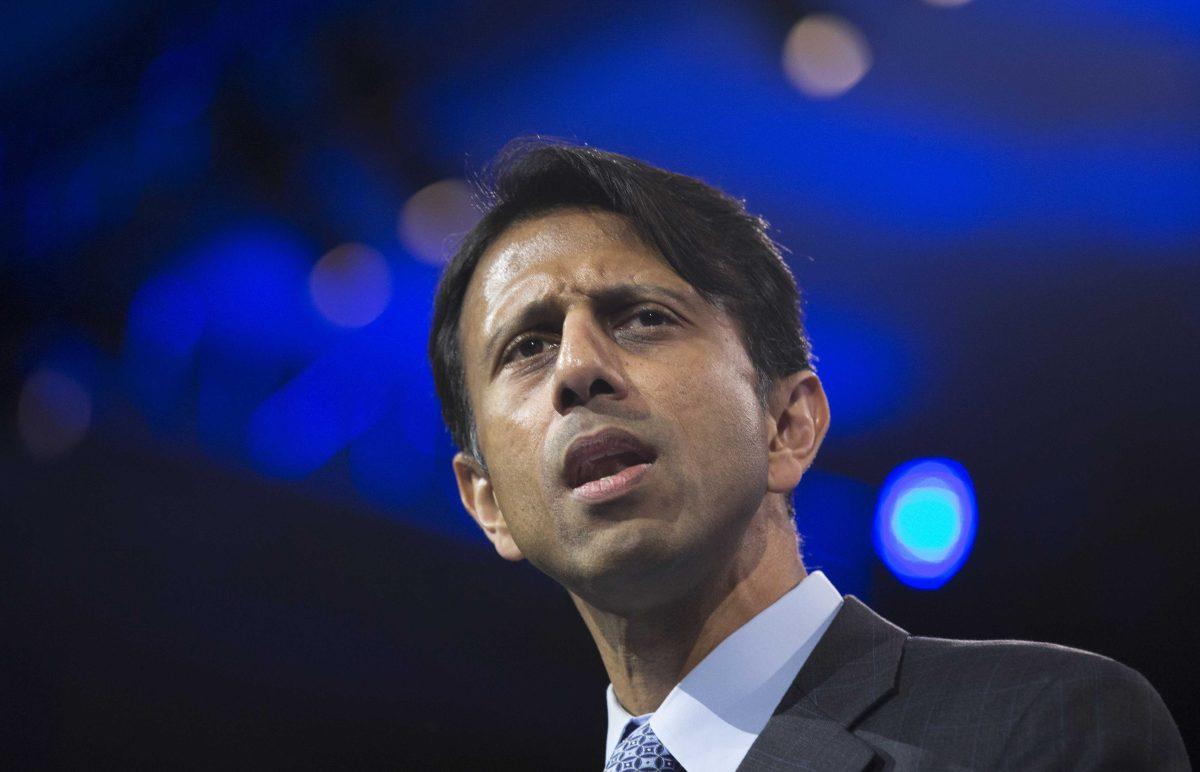Though Gov. Bobby Jindal’s tax plan — intended to eliminate personal income tax, corporate income tax and franchise tax — will not affect University funding, Director of the Public Administration Institute James A. Richardson said students and faculty members will feel the effects of the new plan.
On Thursday, Jindal revealed his tax reform plan before a House Ways and Means Committee and Senate Revenue and Fiscal Affairs Committee meeting. Jindal’s news release stated the reform will eliminate $2.7 billion in personal income tax, corporate income tax and franchise tax, and this will be made up with a 47 percent increase in state sales tax, particularly by increasing tobacco product taxes to $1.41 per pack.
The plan also includes exceptions for certain items and professional services like legal services, oil and gas services and healthcare.
Richardson said students will see a price increase on items they consume every day even if they do not currently pay an income tax.
“There are a lot of things you will pay taxes on that you are not paying taxes for right now,” Richardson said.
He said students will pay more for services and products such as haircuts, movie tickets and laundry detergent.
Richardson said for University faculty, those with the highest incomes will benefit more than those on the lower end because faculty members who make less money will still have to pay more in sales tax.
“The middle income will be more iffy if they are going to break even or not,” Richardson said.
Director of External Affairs Jason Droddy said the plan will not affect internal financial operations of the University.
“The amount of money for appropriation should remain unchanged,” Droddy said.
Emily Jordan, French sophomore, said the plan sounds rational because it is just taking away money and putting it in another area, but said she will be able to see greater effects in the future.
“It will affect us more when we have real, paying jobs with real things to buy,” Jordan said.
International trade and finance junior Erica Perales said her home state of Texas has a similar tax plan, but the state also has high property and school taxes.
“If we were to actually have an area to focus funds in the state, our school could improve,” Perales said. “Education should be the main concern.”
Another challenge of the plan is seeing if it will pass in the legislature, Richardson said.
He said if it does pass, lawmakers and Louisiana residents will be able to see the ultimate effect, but this evolution will not be overnight.
“The middle income will be much more iffy if they are going to break even or not.”





